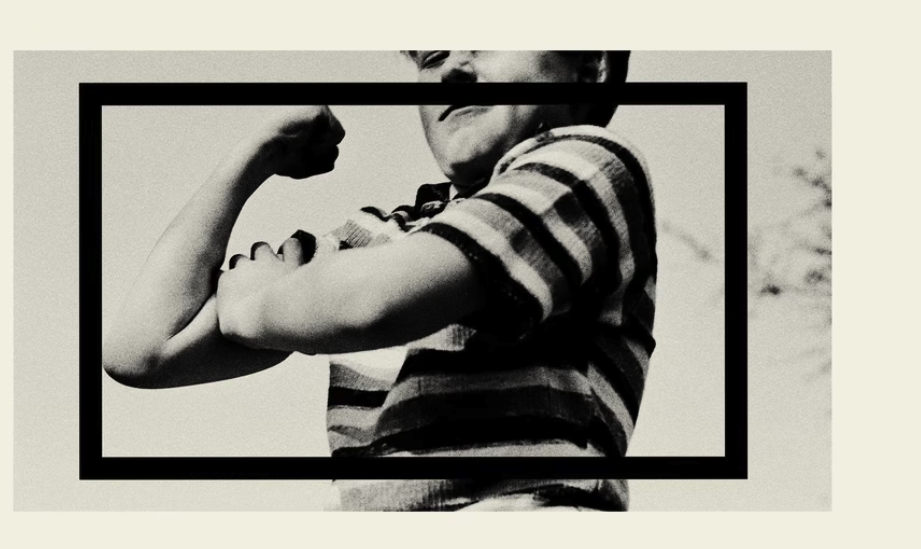Masculinity in Today’s Society: A Wildfire of Confusion
The commotion caused by modern manhood has forced traditional values to retreat in the background, leaving a cacophony of mixed messages from different sources. The loss of simple definitions of masculinity has placed a generation of young men in a situation where they struggle with many complicated expectations and perceptions. Yesterday, I met a group of boys who were busy with mirror selfies, and it turned out to be a depressing reminder of the confusion surrounding masculinity today.
The old image of masculinity built upon strength, stoicism and dominance no longer has a strong grip on the minds of modern men nowadays. As outlined in The Guardian article "A lot of us are in the dark: questioning "what teenage boys really think being a man," modern boys have to face a daunting and confusing maze of societal considerations from which they often don't get a clear direction and role models to follow. The traditional script given by the ancestors is no longer as relevant as they are now confronted with conflicting messages from several sources such as media, peers, and cultural norms.
Perhaps the major problem with this crisis of manhood is that fathers do not transmit the crucial values of manhood to their sons. In the modern age when the traditional family structures become more and more fragmented, the transmission of generational wisdom is a privilege rather than a rule. Fathers, struggling to balance outdated ideas of masculinity with the new social norms, oftentimes fail to play the role of counselors and confidants.
The consequences of this generational split are very deep and hard to estimate. Young boys who have no good male role model at home face the challenge of how to deal with the complexity of manhood. It is not virtues like resilience, honesty, and responsibility, the fathers rather unintentionally undermine the traditional male values which eventually leave their sons disadvantaged and unprepared for future difficulties.
The implications of this crisis extend beyond individual lives, permeating the very fabric of society. A generation of emotionally stunted and directionless men perpetuates a cycle of dysfunction, creating gaps in the social framework that should naturally be filled by upright and responsible individuals. From the workplace to the home, the absence of strong male leadership hampers progress and fosters an environment of uncertainty and instability.
In the absence of clear guidance, young men turn to alternative sources for validation and direction, often with detrimental consequences. Social media, with its curated images of hyper-masculinity and toxic ideals, exerts a powerful influence on impressionable minds, shaping their perceptions of what it means to be a man. The phenomenon of teenage boys indulging in mirror selfies is symptomatic of a generation seeking affirmation and identity in the virtual realm, devoid of tangible role models to emulate.
To address the crisis of masculinity, it is imperative to acknowledge the role of fathers as stewards of manly values. Rather than perpetuating outdated stereotypes or succumbing to societal pressures, fathers must reclaim their responsibility as mentors and guides, imparting essential virtues to their sons with empathy and understanding. By fostering open communication and leading by example, fathers can empower young men to navigate the complexities of modern masculinity with confidence and integrity.
In conclusion, the decline of traditional masculinity has left a void in the hearts and minds of young men, paving the way for a landscape of confusion and uncertainty. The failure of fathers to transmit essential manly values to their sons has perpetuated this crisis, creating a generation of men ill-equipped to fulfill their roles in society. However, by reclaiming their role as mentors and guides, fathers have the power to shape the next generation of men into pillars of strength, integrity, and leadership. Only then can the wildfire of confusion surrounding masculinity be extinguished, paving the way for a more enlightened and empowered society.




Comments
Post a Comment